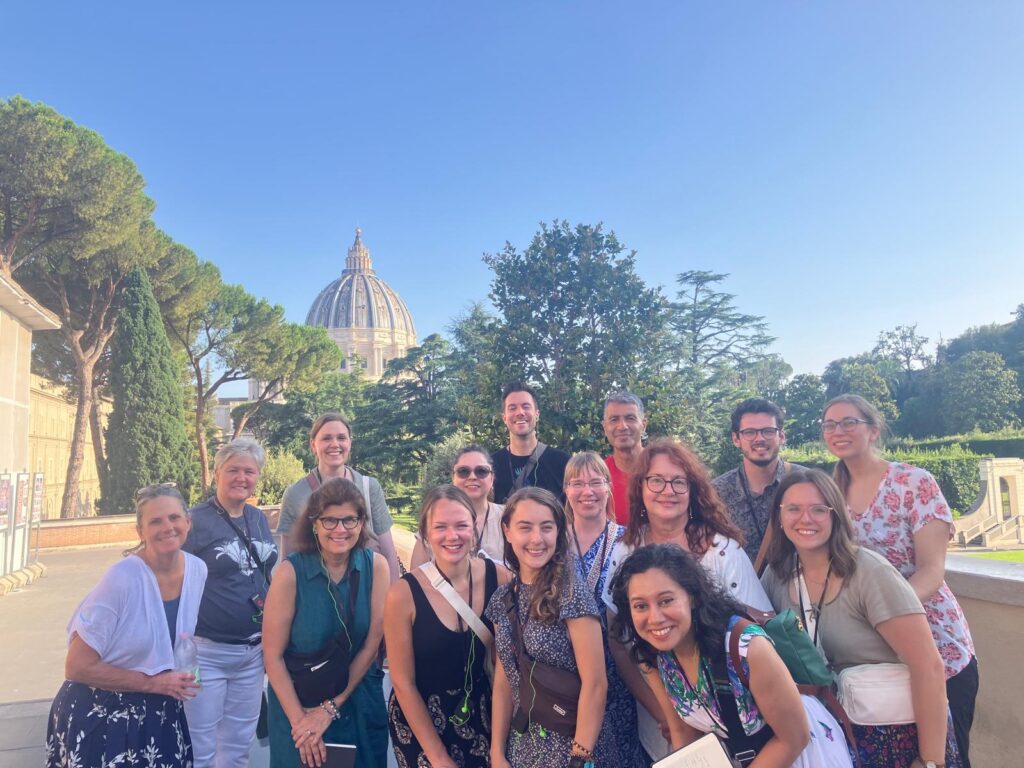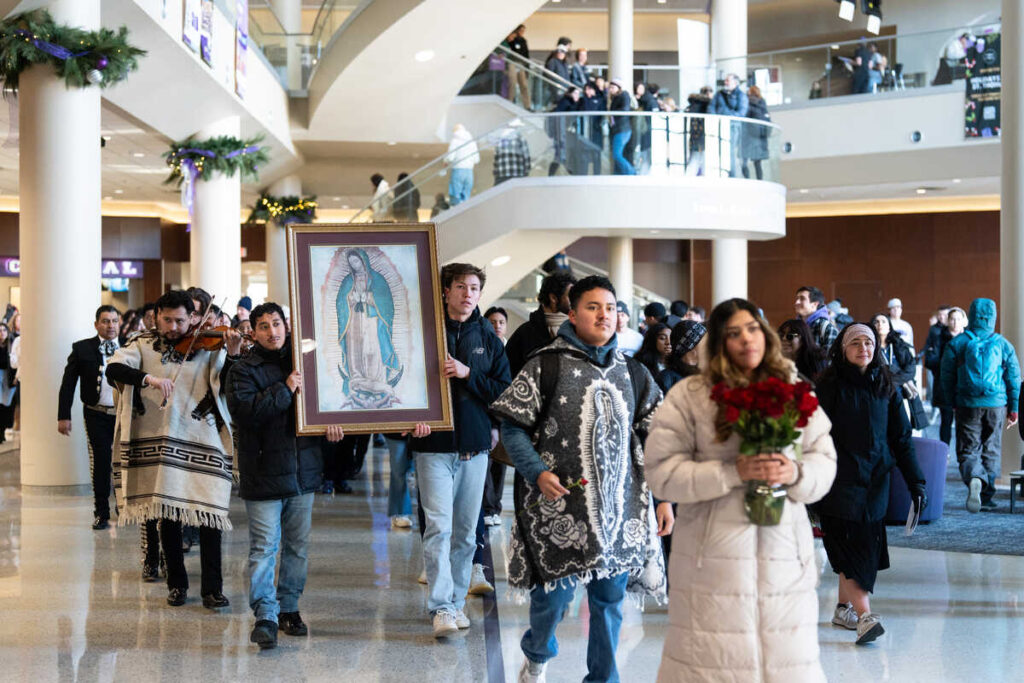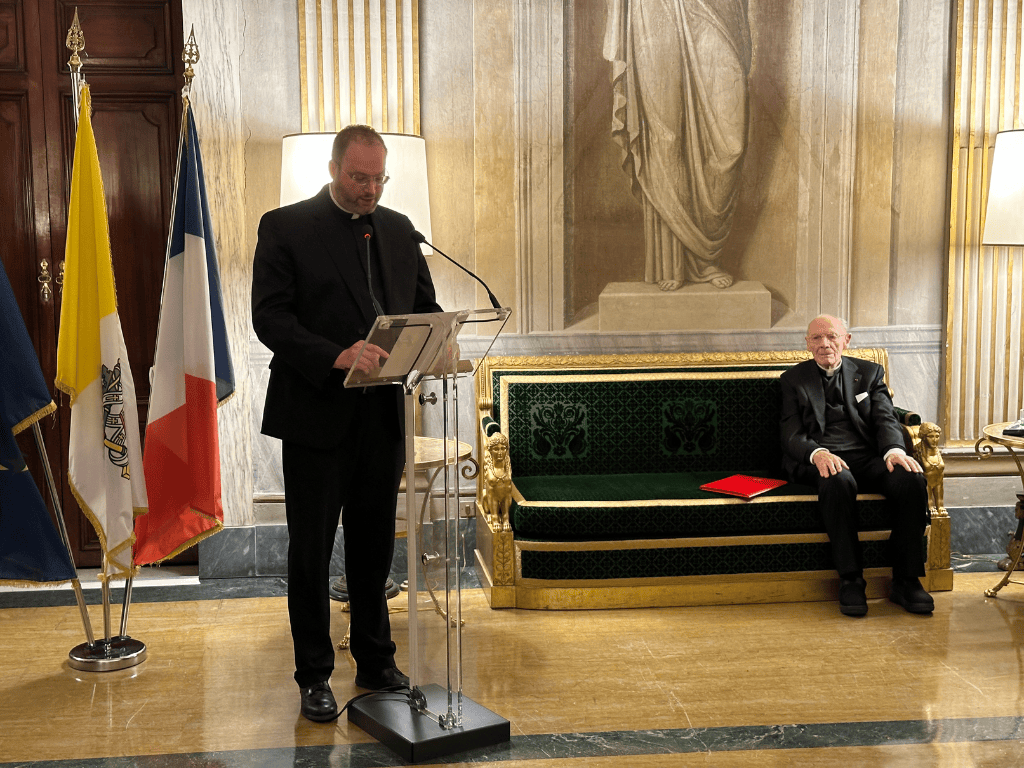IN SPRING 2001, I had the great fortune to teach in the Catholic Studies Rome Program. It seemed a good idea to teach something of relevance to the time and location, so I offered the students a new course I had developed, “The Philosophical Foundations of the Thought of John Paul II.” Participants in the class examined more than a dozen of the Pope’s writings on a wide range of topics. They discovered that John Paul II was not only inspiring but also radical and challenging. Here are a few of the ideas from his encyclicals that students found especially stimulating and influential.
Culture: Many of the Pope’s writings mention the profound importance of culture. For example, in Evangelium Vitae (The Gospel of Life) he notes the troubling, invasive and harmful influences on the moral consciences of people from certain aspects of modern culture — from the media, from laws, from customs, and even from formal education. Distorted enculturation creates confusions about good and evil. John Paul II writes that it leads to “moral blindness” even about fundamental goods such as the sacredness of human life. In contrast, he promotes a meaningfully different culture, a culture “of life” flowing from “the fruit of the culture of truth and of love.” This is a culture “at the service of charity” that does not “tolerate bias and discrimination.” It is a culture that affirms that “human life is sacred and inviolable at every stage and in every situation.”
Solidarity: We come to learn about John Paul II’s thoughts on the virtue of solidarity from Solicitudo Rei Socialis (On Social Concerns). This encyclical illumines the profound, even familial relationship we have to those in the world who suffer from injustice or underdevelopment. He notes that solidarity “is not a feeling of vague compassion or shallow distress at the misfortunes of so many people,” but is rather a “firm and persevering determination to commit oneself to the good of all and of each individual.” It is our duty, then, to seek ways to assist our brothers and sisters in the world — by praying, donating our work and wealth, defending the rights of the most defenseless, and resisting the temptation to over-consume and focus excessively on our security.
Dialogue: The Pope’s reflections on “dialogue” from Ut Unum Sint (That All May be One) offer keen insights into the causes of disagreements and animosities in our communication with others. More importantly, this encyclical provides us with the steps by which we can seek to transcend acrimony to mutual understanding and, ultimately, to truth. As humans, we must accept that there is always more to be learned and that understanding can come only when we “acknowledge our condition as sinners.” Dialogue, John Paul II writes, is “permeated by the spirit of conversion.” There “must be charity toward one’s partner in dialogue.” Yet dialogue doesn’t merely seek an exchange of ideas; rather, it is an “exchange of gifts” directed by a “common quest for truth.” Only through a dialogue that seeks truth can there be authentic unity among people.
I’ve now offered this course several times and each has seen the same fervent responses to Pope John Paul II’s teachings. While memories of his life will fade, the profound truths found in his writings will certainly endure.






